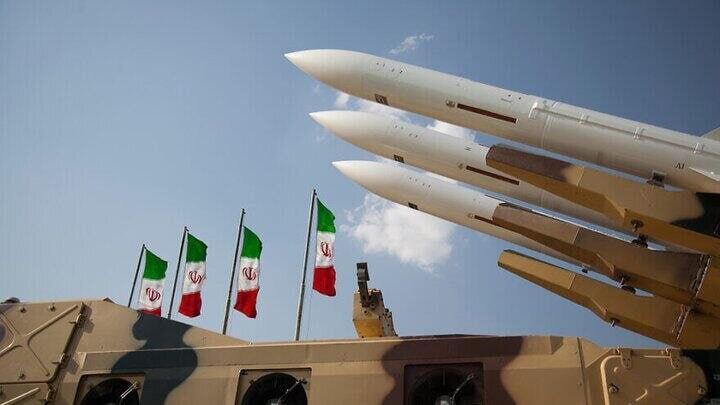Getting your Trinity Audio player ready...
Prime Minister Benjamin Netanyahu will travel to New York on Monday to meet with U.S. President Donald Trump, with talks expected to focus on new U.S. tariffs on Israeli imports, as well as Iran, Gaza and the ongoing hostage crisis.
The visit comes as Washington imposes 17% tariffs on goods imported from Israel, a move that has drawn concern from Jerusalem. Netanyahu will fly to New York directly from Hungary, where he has been on an official visit that includes a weekend stay.
2 View gallery


Benjamin Netanyahu with Donald Trump at the White House
(Photo: Andrew Caballero-Reynolds / AFP)
U.S. Secretary of State Marco Rubio spoke with Netanyahu by phone on Friday to discuss the tariffs, the State Department said. Israeli officials have not confirmed the full details of the upcoming meeting, and Netanyahu has not yet formally requested a postponement of his testimony in the ongoing corruption trial at the Jerusalem District Court.
Get the Ynetnews app on your smartphone: Google Play: https://bit.ly/4eJ37pE | Apple App Store: https://bit.ly/3ZL7iNv
In addition to trade, the leaders are expected to discuss efforts to free Israeli hostages still held in Gaza, Israel’s renewed military campaign against Hamas and broader regional diplomacy, including U.S.-led efforts to broker normalization between Israel and Saudi Arabia. Trump is set to visit Riyadh next month in his first overseas trip since returning to office, and Israeli officials say coordination between Washington and Jerusalem is essential ahead of that visit.
Netanyahu has expressed skepticism about the possibility of a diplomatic resolution to the Iranian nuclear threat, suggesting a military option is becoming more likely. Israeli officials are expected to raise questions about when the U.S. considers diplomacy exhausted, whether Washington would act militarily, and whether Israel would be expected to act alone or in cooperation with the United States.
The meeting underscores the mounting urgency of U.S.-Israeli coordination amid escalating regional tensions and growing uncertainty over Washington’s next moves in the Middle East.



